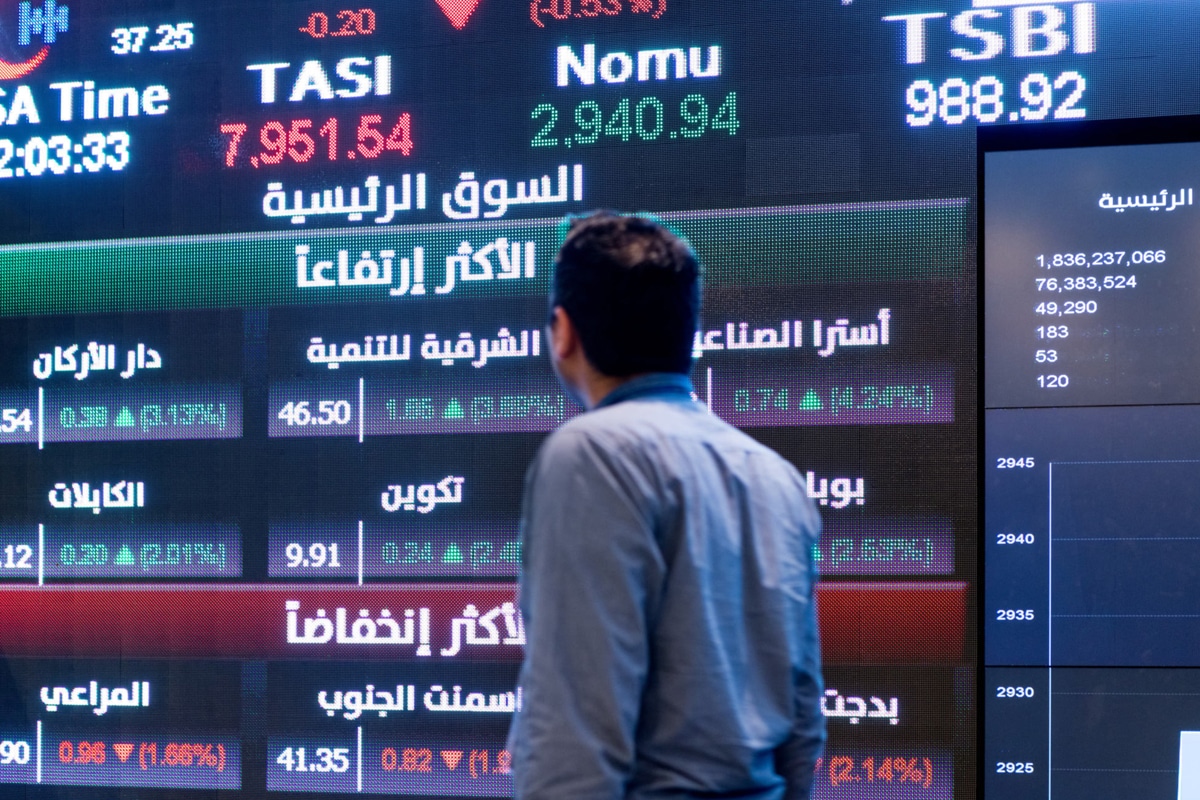The recent surge in initial public offerings (IPOs) in the Middle East and North Africa (MENA) region seems to have triggered a fund flow to startups and ventures operating in the capital market infrastructure segment, with leading regional venture capitals (VCs) such as Nuwa Capital looking to pump in millions of dollars in market-focused ventures in Saudi Arabia and the UAE.
The Dubai-based VC has already invested in a couple of early-stage ventures operating in the Saudi capital market and is scouting for similar opportunities in the UAE.
Nuwa Capital’s aggressive move on the capital market infrastructure segment comes amidst a surge in IPOs in MENA, especially in Saudi Arabia, which has seen 9 out of the 10 new listings in GCC in the first half of 2024.
There were as many as 48 IPOs in the MENA region in 2023, raising $10.7 billion.
“Saudi Arabian capital markets’ infrastructure business has seen incredible momentum in recent months and years, with Tadawul’s market cap surging to $2.9 trillion currently from $2.4 trillion in 2020,” to $2.9 trillion today,” Khaled Talhouni, Managing Partner, Nuwa Capital, told Arabian Business.
“We also added to our portfolio in Saudi Arabia – it alone accounts for 35 percent of Nuwa Capital’s portfolio currently,” he said.
Talhouni said Saudi Arabia will be one market that the VC will be looking at closely.
The flurry of new company listings have also led to a surge in trading volumes on UAE stock exchanges, with the market cap of ADX rising to over $724 billion.

Targeting tech, consumer startups
Talhouni said Nuwa Capital is also upbeat about investment opportunities in the early-stage tech ecosystem ventures as also companies servicing specific aspects of the regional economy, such as consumer credit, which has seen significant growth in the UAE and KSA.
“So we’re feeling very bullish and we’re also deploying quite aggressively.
“We’re looking to invest $41 million (AED150 million) over the next 18 months or so,” he said.
Talhouni said the Nuwa team truly believes the markets are ripe for investment now, and is ready to support the next wave of innovation across the MENAT region.”
“We’ve been aggressively investing since Q3-Q4 2023 – we’ve actually deployed around $10 million in nearly 11 companies – all unannounced for the moment.
“Seven of these are new portfolio companies, and four are follow-ons,” he said.
Besides the Saudi capital market infrastructure ventures, Nuwa has invested in a GCC-based SaaS venture, targeting the US and global markets. a consumer credit business venture, backed a number of strong founding teams in Turkey, besides doubling down on its existing portfolio companies.
“Businesses focusing on servicing consumer credit has seen significant expansion in the recent past with credit card applications surging by 65 percent annually since 2017 in the UAE and credit card loans increasing by 17 percent annually in Saudi Arabia, driven largely by companies in the BNPL space like Tabby and Tamara,” Talhouni said.

The VC senior executive said coming into 2023, the market was fresh off of the bull run of 2021-2022 and things had started to quiet down.
“We held off from deployment initially, and I think we were very cautious about investing through the hype as we had anticipated a correction,” he said.
Evolving investment landscape
The Nuwa Capital Managing Partner said VCs and investors are also observing that a growing number of companies reach a certain stage of maturity where they require funding post-Series A and beyond.
“A number of these are exploring venture debt as it offers non-dilutive capital,” he said, adding that as the ecosystem matures, venture debt becomes increasingly attractive as it provides flexible financing solutions that support growth without the immediate need for equity dilution.
Talhouni, however, said the demand for growth stage capital, i.e. bigger investment rounds at around or post-Series B, will become more evident.
“This gap exists due to several reasons. In part, early-stage has been to a certain degree de-risked which has resulted in more companies being funded, the calibre of founders is unprecedented and more companies are graduating from early to later stages, but at the same time, there are no specialised growth-stage funds and financial instruments tailored for this stage,” he said.
MENA investors have to evolve with the market’s demands and give founders access to new capital products that can truly propel the sector forward, Talhouni said.









